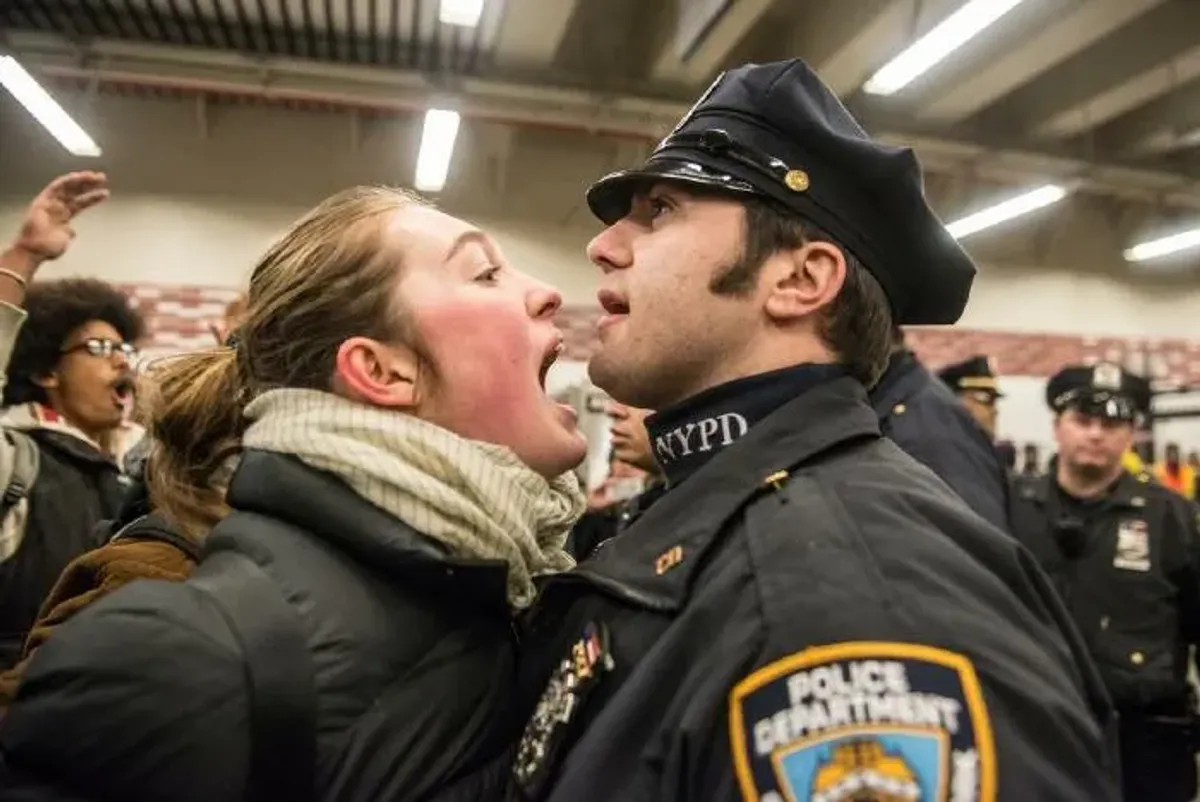Already a subscriber? Make sure to log into your account before viewing this content. You can access your account by hitting the “login” button on the top right corner. Still unable to see the content after signing in? Make sure your card on file is up-to-date.
In light of the 2020 street protests, the New York City Police Department (NYPD) announced significant reforms to its handling of public demonstrations on Tuesday. One of the primary changes is the discontinuation of a technique known as “kettling.”

This strategy, which involves police officers encircling crowds, has faced criticism for trapping innocent bystanders, peaceful protestors, and agitators seeking to cause violence. To further ensure balanced and “non-aggressive responses” to future protests, the NYPD will introduce a senior executive position responsible for managing protest responses, grant media more access to cover events, and unveil a four-tiered approach to handling demonstrations, aiming at de-escalation and minimizing force.

This comes as part of a settlement filed in the US District Court for the Southern District of New York, addressing lawsuits by New York Attorney General Letitia James, the Legal Aid Society, and the New York Civil Liberties Union, rooted in the 2020 protests following George Floyd’s death.

Legal Aid attorney Corey Stoughton commented on the settlement: “Today’s settlement represents a novel approach to policing protests that, if implemented faithfully by the NYPD, will ensure that protesters are never again met with the sort of indiscriminate violence and retaliatory over-policing New York saw in the summer of 2020.” Among the agreement’s specifics, a notable change is the provision allowing individuals inadvertently trapped during protests to exit. Additionally, the four-tiered system begins with sending a police community affairs liaison (Tier One). It can elevate to an incident commander dispersing crowds if widespread criminal activities are detected (Tier Four).

The NYPD has yet to issue a public statement on these reforms.






